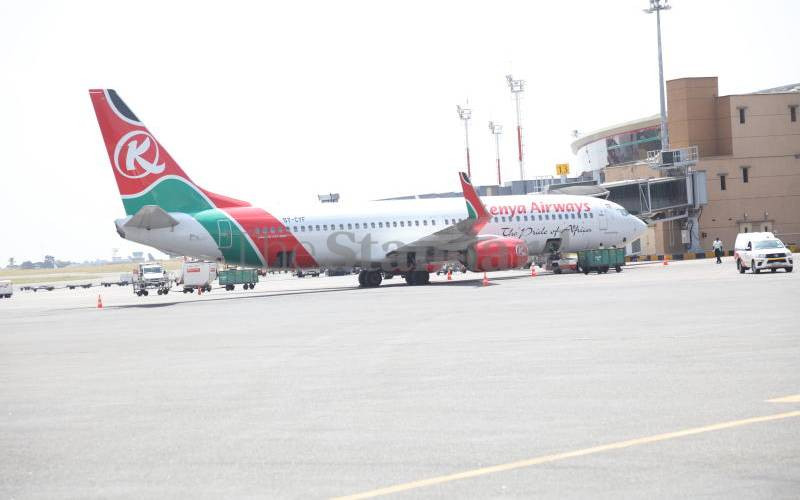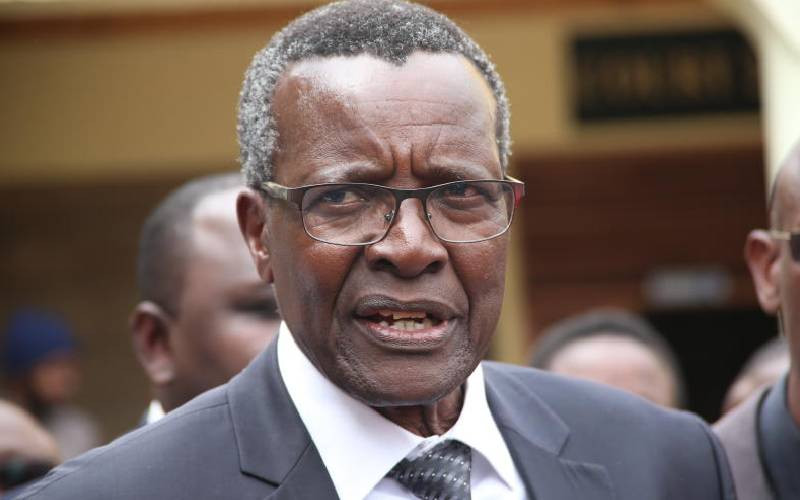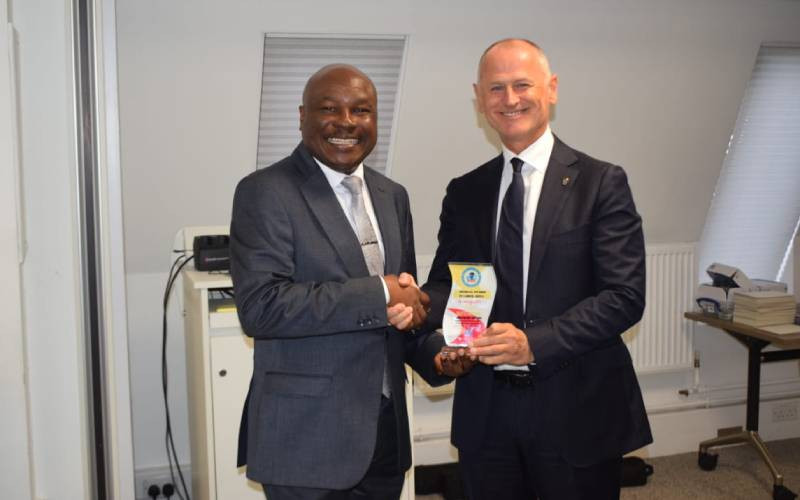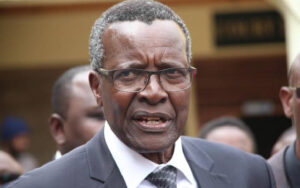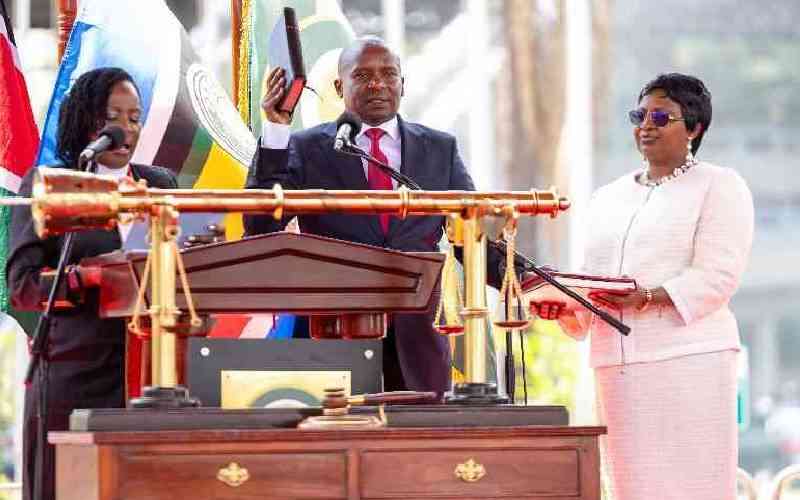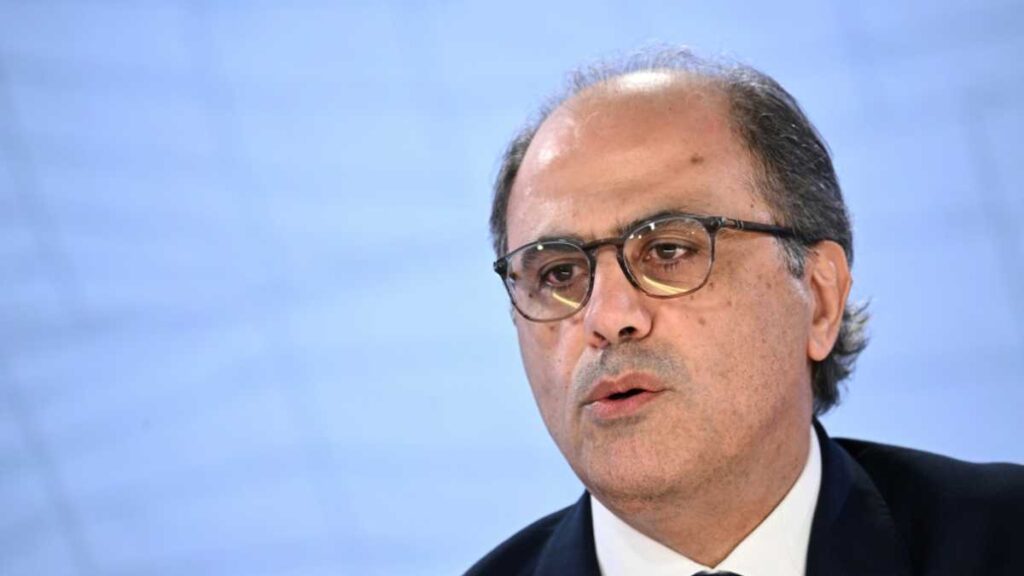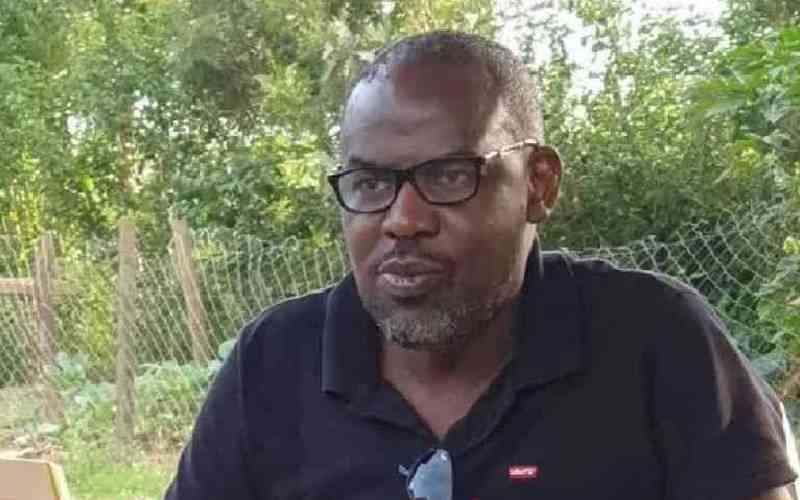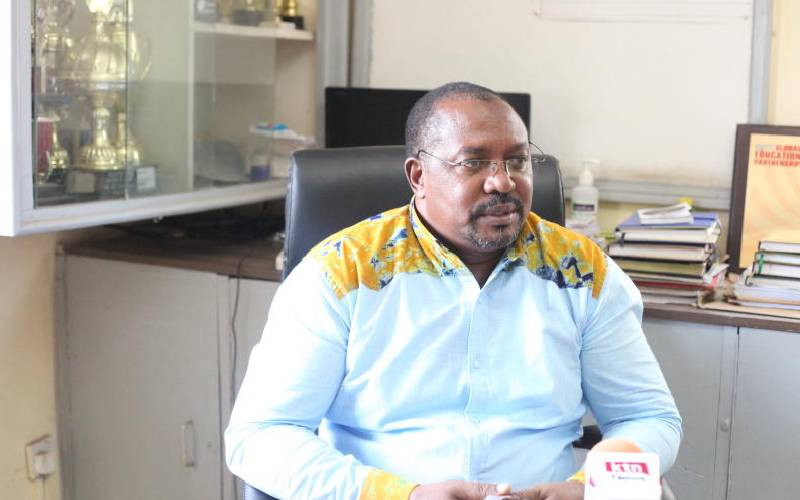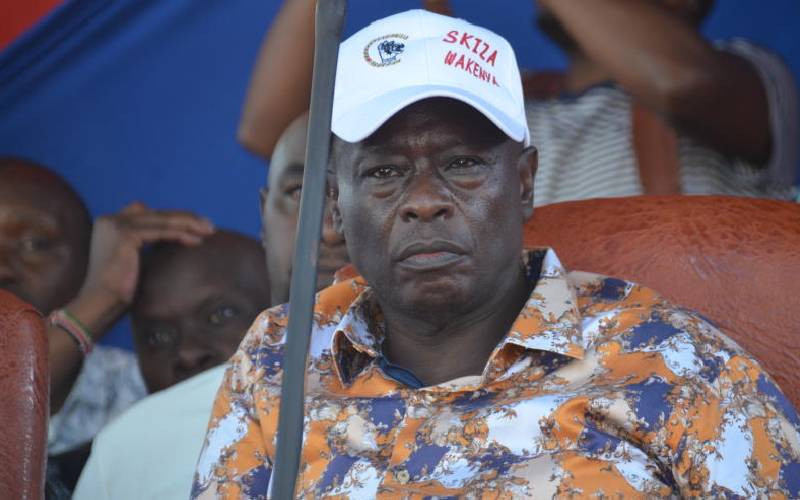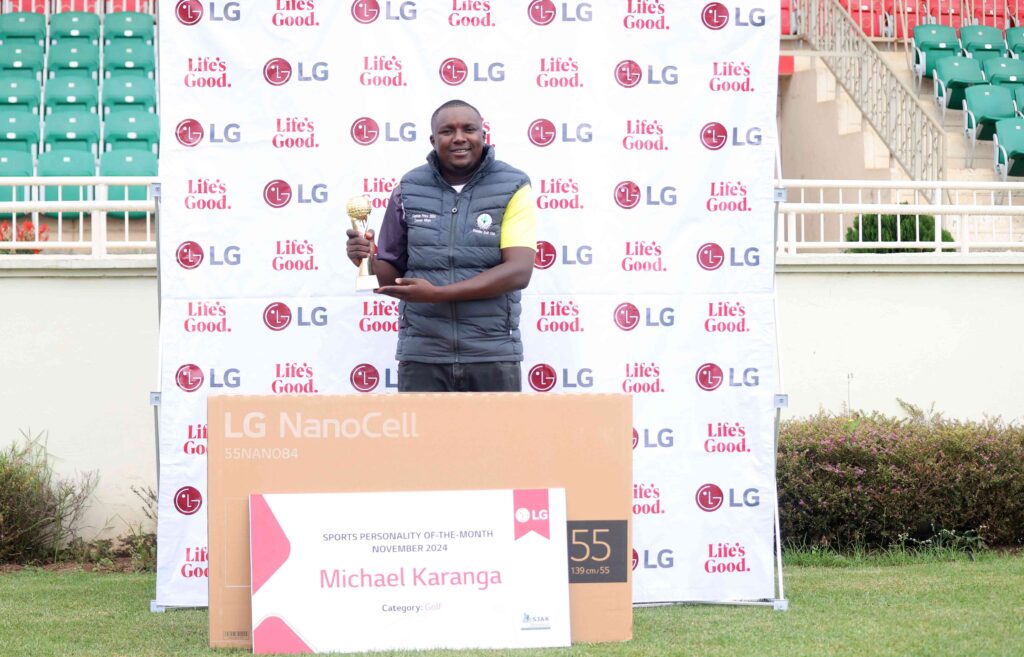Kenya is exploring the expansion of its Bilateral Labour Agreement (BLA) with the United Kingdom.
This will open doors for clinical officers and physician associates, a move that could transform both professional recognition and global health mobility.
Principal Secretary for Labour and Skills Development, Shadrack Mwadime, said the government is keen to align migration pathways with the growing international demand for healthcare professionals while protecting the rights of Kenyan workers.
“On recognition and licensing of Kenya Clinical Officers by the UK’s General Medical Council (GMC), we support this transformative development and commit to advocate for the formal inclusion of Clinical Officers from Kenya in regulated migration frameworks and employment streams in the UK and other partner nations,” Mwadime said.
The PS was speaking at the 5th Global Association of Clinical Officers and Physician Associates (GACOPA) conference at Aston University in Birmingham, UK, on Thursday. The meeting brought together delegates from 74 member states across Europe, Africa, Asia, and the Americas to discuss strengthening professional identity, skills recognition, and positioning healthcare workers at the center of global health solutions.
Currently, Kenya is implementing a structured BLA with the United Kingdom, designed to provide pathways for Kenyan nurses to work abroad while ensuring their welfare and professional growth.
Mwadime said the government now wants to broaden the arrangement to include clinical officers and physician associates, groups critical to primary healthcare delivery in Kenya and beyond.
“The move to include Clinical Officers in future BLAs would enable the cadre to contribute internationally while gaining professional recognition and supporting healthcare systems at home,” the PS explained.
He emphasized the principle of “circular labour mobility” a framework that allows professionals to serve abroad, gain advanced skills and exposure, and later return home to reinvest their expertise in Kenya’s health system.
“We strongly advocate for the principle of circular labour mobility, which allows our professionals to serve abroad, acquire advanced skills and international experience, and subsequently return home to reinvest this expertise in strengthening our very own health systems,” Mwadime added.
Kenya’s push comes at a time when countries worldwide are struggling with health worker shortages, exacerbated by the COVID-19 pandemic and ageing populations in developed economies.
The World Health Organization projects a global shortfall of 10 million health workers by 2030, with Africa expected to be the hardest hit.
Mwadime told the conference that tackling such challenges requires joint action across borders.
“The challenges facing global health cannot be met by any single country in isolation. We must forge strong partnerships with governments, academic institutions, professional associations, and international organizations,” he said.
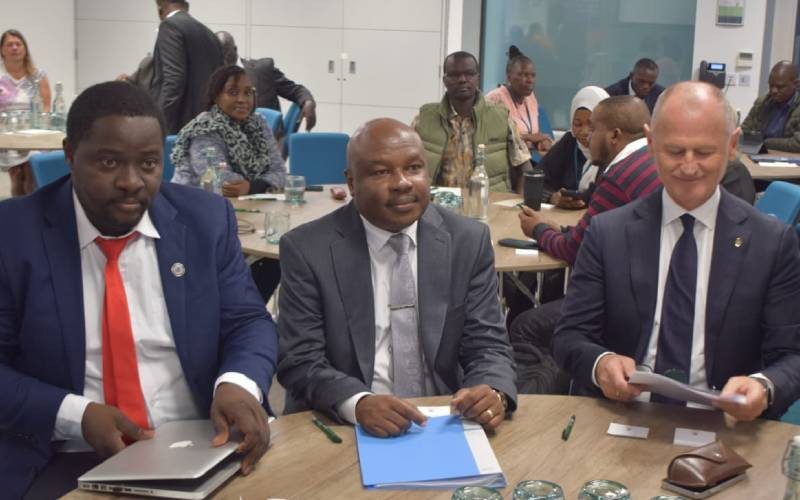
He stressed that collaborations are necessary to harmonize training standards, promote international recognition of clinical officers, and build resilient health systems worldwide.
Stay informed. Subscribe to our newsletter
The conference was also attended by Aston University Vice Chancellor Prof. Aleks Subic, Kenyan MP and Vice Chairman of the National Assembly Health Committee Hon. Patrick Munene, Kenya Clinical Officers Association Chairman Peterson Wachira, and GACOPA Global President Austin Oduor.
“Kenya stands ready to work with all stakeholders to build a united front in addressing the urgent needs of the global health workforce,” Mwadime stated.


